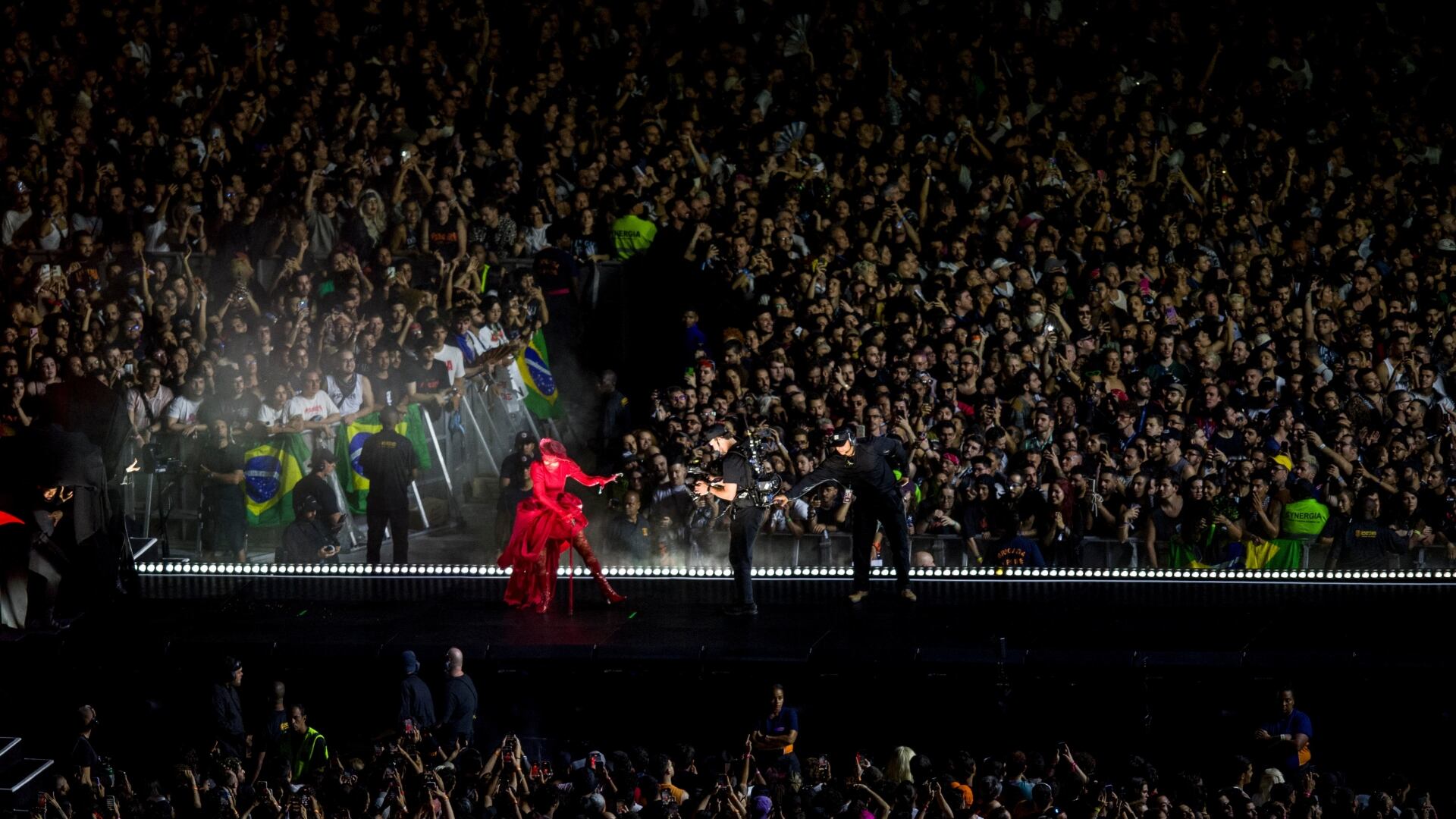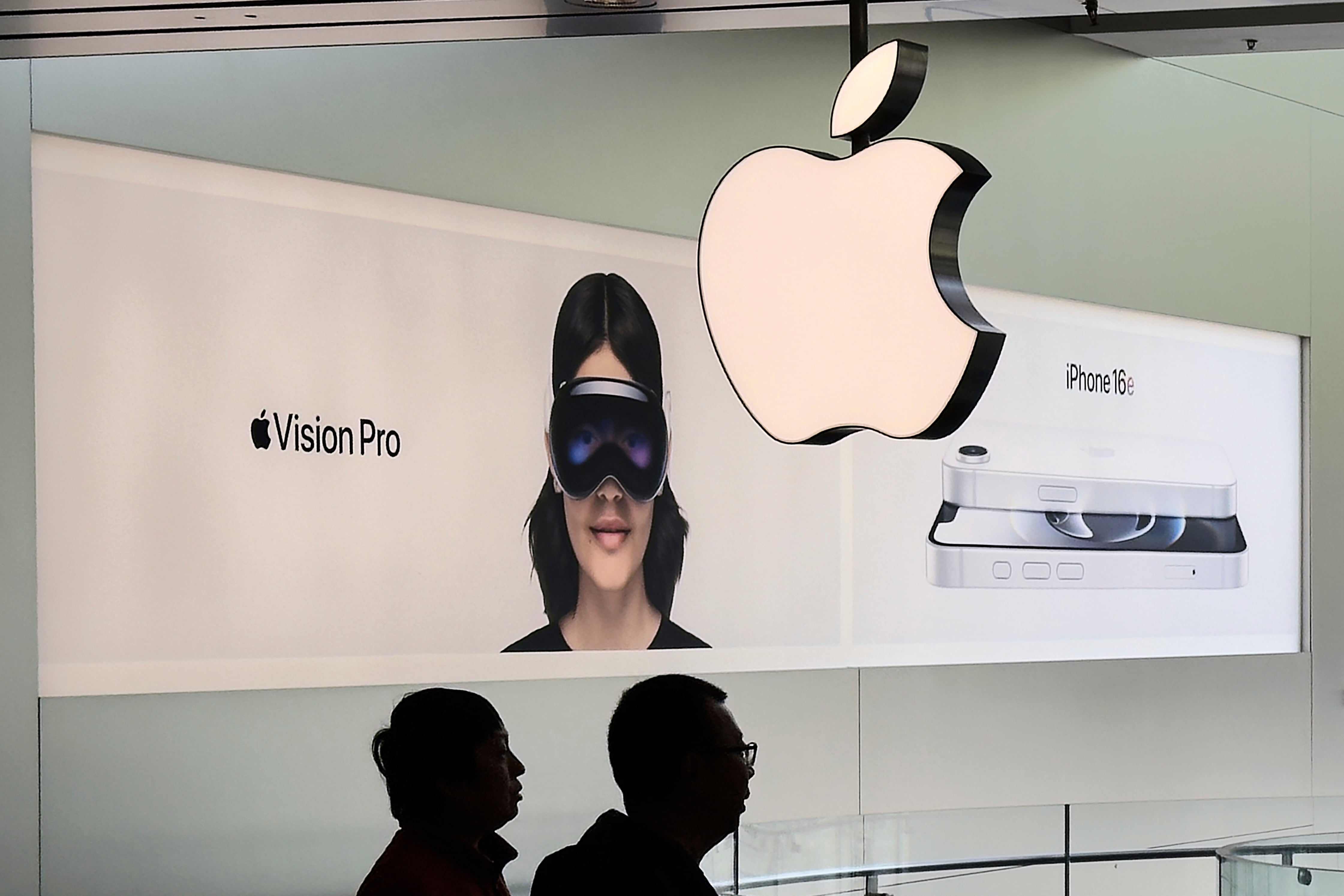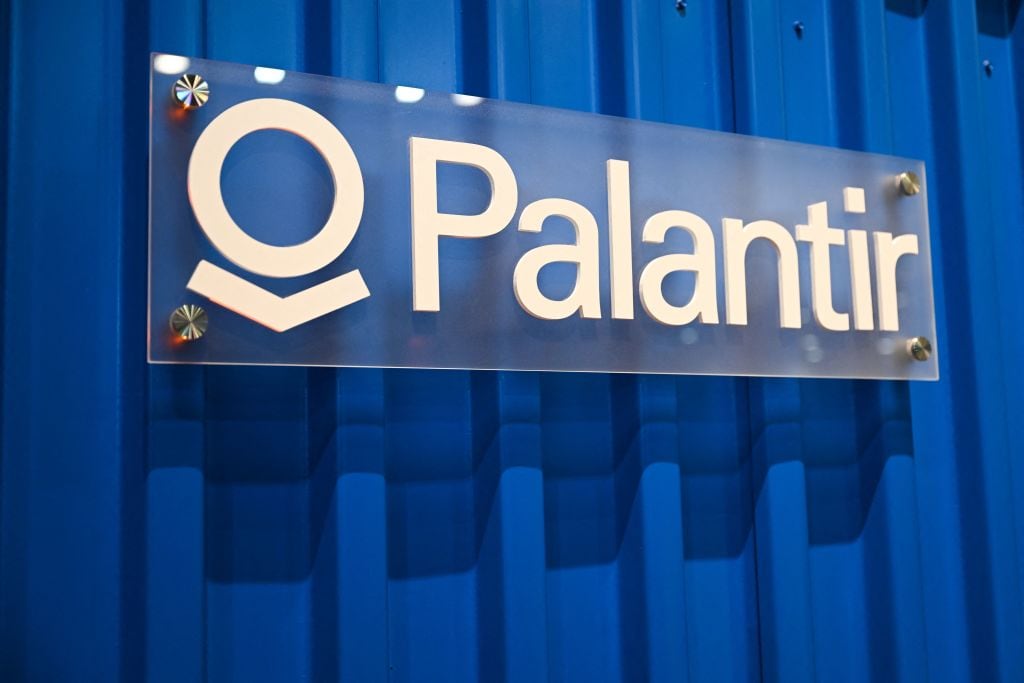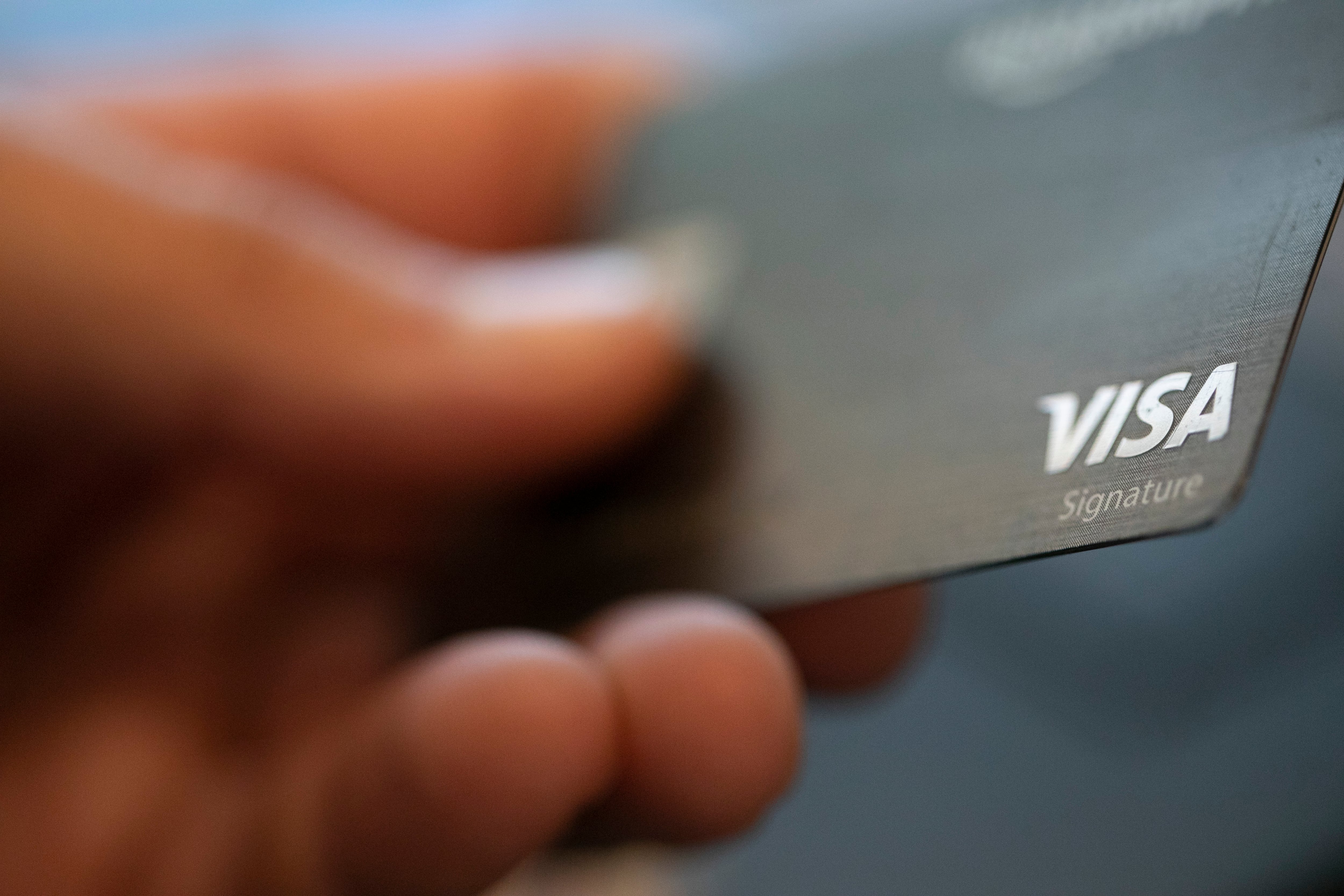The global e-commerce luxury marketplace, The RealReal, made an impressive market debut on Friday with opening shares trading at $28 a piece, up 40 percent from the company’s initial public offering price.
Under the ticker REAL, the online platform for consignment luxury goods began trading on the Nasdaq. The company had announced its IPO price of $20 a share on Thursday, which was already above the expected range of $17 to $19, and said it sold 15 million shares.
“Going public now paves the way for our next leg of growth,” Julie Wainwright, the company's founder and CEO, said in a statement. “Our initial public offering will provide access to capital, elevate The RealReal brand to drive further business to our marketplace and demand continued discipline from our management team to execute optimally.”
The RealReal was founded in 2011 and has since grown into the world’s largest platform for buying and selling consigned luxury goods, facilitating roughly $1 billion in consignor payouts. In 2018, the company reported $711 million in total sales — 80 percent of which came from repeat buyers.
The RealReal also posted more than $207 million in revenue and $137 million in gross profit in 2018, according to its filing with the Securities and Exchange Commission. Both figures are up roughly 55 percent from the year prior.
The company’s IPO follows several other major retailers that have gone public this year. The e-commerce platform Revolve ($RVLV) completed its IPO earlier this month and Levi’s ($LEVI) made its long-awaited return to the market in March.
The RealReal, however, has run into some legal troubles, which so far has not seemed to spook investors. The French fashion house giant, Chanel, filed a lawsuit against the company in November 2018 for allegedly selling counterfeit Chanel bags and falsely alluding that brands are affiliated.
“The RealReal is earning substantial profits while engaging in counterfeiting activities that use CHANEL Trademarks on purported CHANEL-branded items when such items are not, in fact, genuine Chanel goods,” the filing in a New York District court read.
The RealReal has denied the charges and requested the lawsuit be thrown out. In its SEC filing, however, the company said that the “litigation is in its early stages and the final outcome, including our liability, if any, with respect to Chanel’s claims, is uncertain.”
If the court rules against The RealReal, “our business, operating results and financial condition would be materially and adversely affected,” the filing added.
Nonetheless, The RealReal said it has promising growth opportunities in the personal luxury goods market, which it expects to grow to around $400 billion by 2025. The company’s growth strategy is based on attracting new buyers and sellers, investing in its infrastructure online and offline, and increasing its quantity of sales, among other factors. In 2018 alone, The RealReal added over 2.5 million new items to its platform.
“We are well on our way to making The RealReal a global company,” Wainwright’s statement added.













